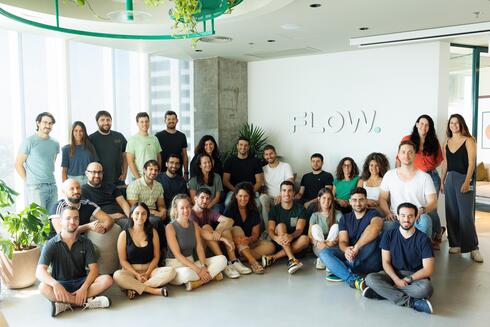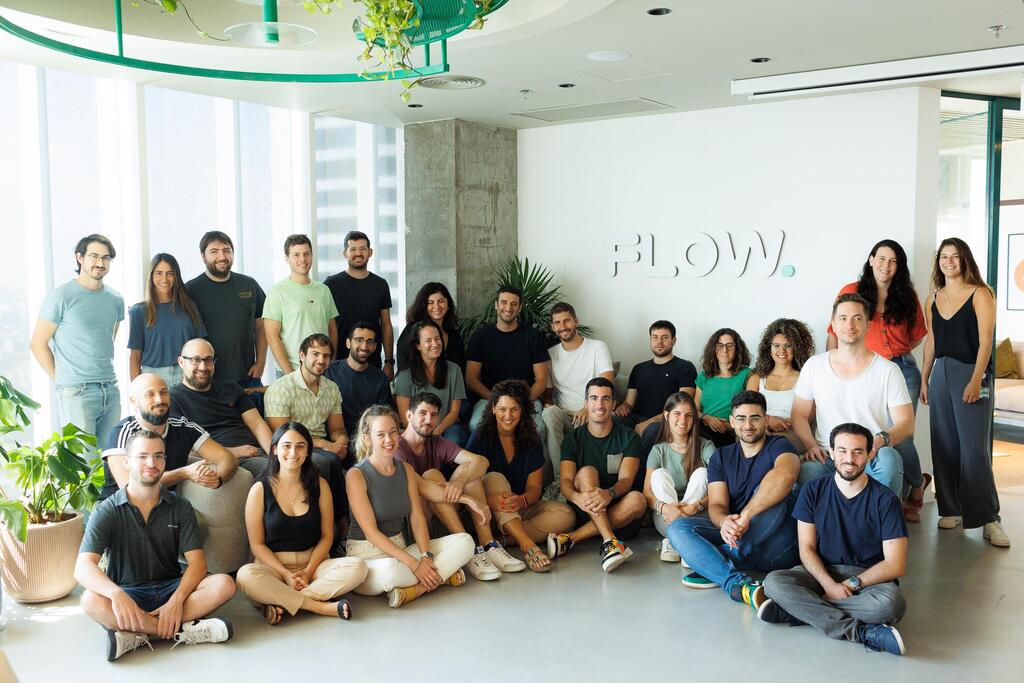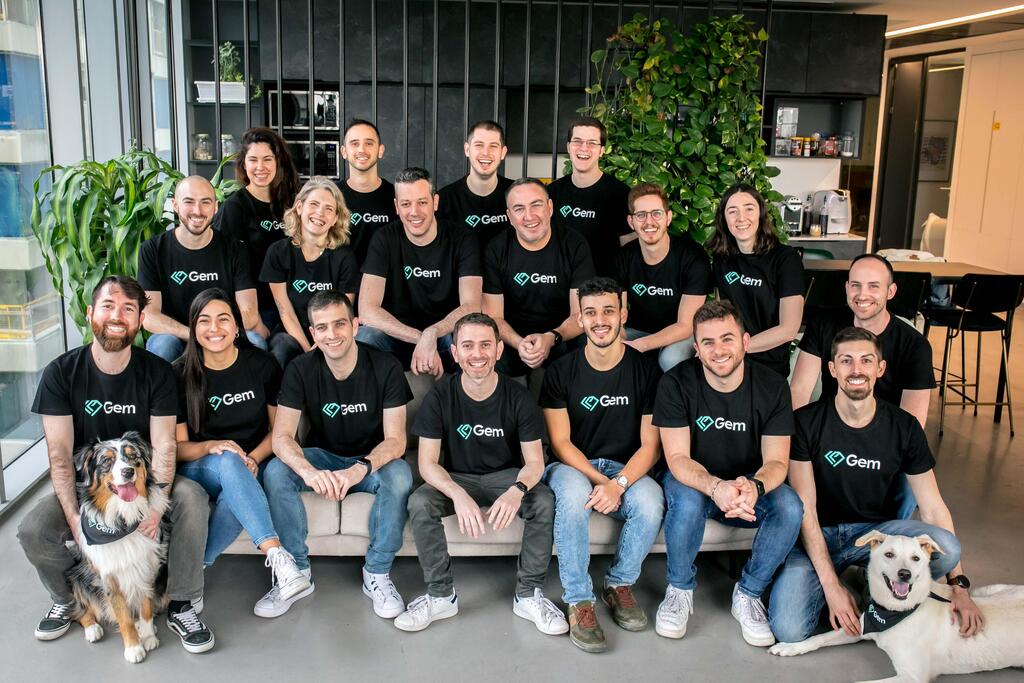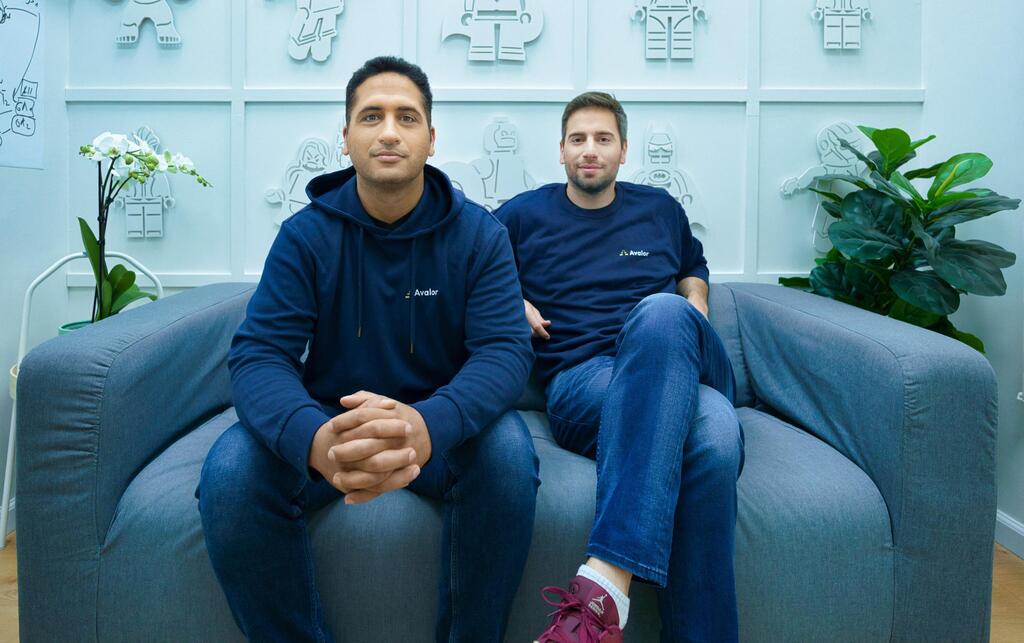
$50 million plus per founder: Cyber M&A flurry creates new list of millionaires
The entrepreneurs behind Avalor, Flow Security and Gem Security are set to cash in over $50 million each after being acquired over recent weeks by cyber giants Zscaler, CrowdStrike and Wiz, respectively
In the world of basketball, there is what is known as "March Madness," the time of year when the men's and women's college basketball tournaments are held in the U.S., providing almost non-stop action for sports fans. In Israel, this term can describe what happened this month in the cybersecurity field, with three Israeli companies being sold for approximately $900 million in total. The first to be sold was Flow Security, purchased by CrowdStrike for approximately $200 million. Last week, two more young Israeli cyber companies were purchased for approximately $350 million each: Gem Security by Israeli decacorn Wiz and Avalor by American cyber giant Zscaler.
Flow Security is the oldest company among the three, but it too was only established in 2021. It was sold at a slightly lower price than the other two. However, it raised only $13 million previously, and its founders, CEO Jonathan Roizin and CTO Rom Ashkenazi, are expected to register an exit of over $50 million each.
The other two companies were established in 2022, and therefore, they did not have long to raise a lot of money and dilute the shareholders, especially the founders. According to estimates, in both companies, the five founders hold approximately 10%-15% of the shares, and in addition to the significant sums each will receive following the deal, they are expected to be rewarded with shares of the purchasing company.
In the case of Zscaler, the shares are in a company currently worth $30 billion, and for Wiz, it's in a company that is expected to complete a major IPO within two years at the most.
Gem, which has developed a Cloud Detection and Response (CDR) platform, was established within the framework of the Team8 foundry. It was founded by CEO Arie Zilberstein, CTO Ron Konigsberg and VP Product Ofir Brukner. Arie and Ofir worked together in Sygnia, which was acquired by Temasek, while Ron held a Chief Architect position at Singular.
The sale means that here, too, the three founders will receive an amount ranging from $50-70 million each, while Team8 will also receive a significant return in a short time since it is the main shareholder in the company. The sale is an all-cash transaction.
Avalor’s Data Fabric for Security ingests, normalizes, and unifies data across enterprise security and business systems to deliver actionable insights, analytics, and operational efficiencies. By expanding Zscaler’s Zero Trust Exchange platform with a security-centric data fabric, enterprises will be able to enhance and fully automate AI-driven analytics and decision-making in real-time without the complexity of data aggregation and collection.
The company was co-founded by Raanan Raz and Kfir Tishbi. Prior to Avalor, Raz led the engineering team at Dataroma, building the data platform of what became the Salesforce Marketing Cloud Intelligence platform. Tishbi built high performance computing solutions at CitiBank, was a founding member of the AI lab at Playtika, and later joined Datorama to oversee all big data initiatives. They will each receive an estimated $60-70 million, while Cyberstarts, which invested in the company early on, will also record a return of at least 10 times on its investment.
According to Lior Simon, General Partner at Cyberstarts, "Cyber is stronger than ever. Consolidation has always been part of the market and companies wanted to expand platforms and some of the purchases were of companies with significant revenues of tens of millions of dollars. This is a natural development of the market. Zscaler was very strategic and knew what they wanted, and they had a whole thesis that they needed to solve a problem, and Avalor would be the solution for them," Simon explained. "This is a company that would have grown amazingly even without them, but it will continue to grow there. There is still room for companies to become significant, there are developments in cyber markets that need significant solutions that are not a spin-off of an existing product."
Along with the significant acquisitions that have taken place in recent weeks, there are also companies that have returned to raise very large sums at values reminiscent of 2021. Cyber company Cyera intends to complete in the near future a funding round of $200 million at a value of $1.5 billion - three times its previous value in 2023.
Simon did not address the company's funding round but said, "Cyera is growing amazingly and proves that there is a tremendous demand in the market for specific solutions, and they are willing to pay a lot of money for it. Innovation in this market continues to happen, especially with the development of artificial intelligence that brings with it many new problems."
To the question of whether, in her opinion, more exits are expected in the coming year, Simon replied, "I assume that there will be more exits in cyber in 2024. A significant company that wants a foothold in the sector and is late to the market will want to make a purchase."
According to Shay Michel, Managing Partner at Merlin Ventures, which invests in early-stage cyber companies: "Today, the market is in the process of an arms race and consolidation. Large technology companies are competing with each other to purchase the most promising and cutting-edge technologies to keep themselves relevant.
"Nikesh Arora, CEO of Palo Alto Networks, spoke a few months ago about the fact that the name of the game is consolidation. An example of this matter is the purchase of a certain cyber company and immediately after that providing the product for free to the customers of the acquiring company. Large companies that are preparing for the new situation and those who want to take an active part in today's competition will have to acquire capabilities, and this is based on the assumption that cyber will continue to be a hot field and will grow quite a bit in the coming years."
First published: 10:08, 17.03.24
















